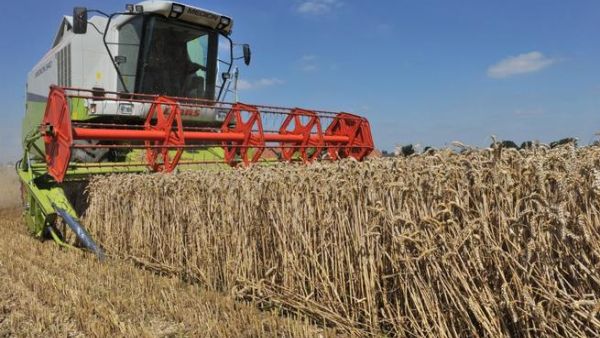Despite changes in diet all over the world, and particularly in the Arab world, wheat is still the most important ingredient in the daily meals consumed by all sectors of society. From wheat comes bread, eaten by the poor, and also brioche, which the French queen, Marie Antoinette, wanted the hungry mob to eat when bread became scarce during the French Revolution.
Wheat is hugely symbolic of the Arab world, and yet we are its biggest importers. Hundreds of years ago, Russia, Europe and America became the biggest producers of wheat in the world, while the Arab world, from the Gulf to the Atlantic Ocean, became its biggest importer.
This is why Arab observers keep a keen eye on any news of climate or weather changes in the producing countries. These changes usually warn of impending economic or social disasters which will inevitably strike the poor. And the poor are so numerous in our countries.
This year, the news is not good. Drought has affected wide areas of America and Canada, causing the production of grains to almost halve in certain areas. This led Arab governments to rush to buy their requirements from Russia. However, Russia suffered a heat wave just before the harvest season, which destroyed a large amount of its produce.
Meanwhile, some Arab countries, such as Algeria and Egypt, have discovered that the predictions for their local production were exaggerated. They, therefore, set out to find anyone who can provide them with bread.
The world became preoccupied with this crisis, as well as anticipated crises in Africa. Emergency meetings on food security were held. The Europeans, particularly the French, came onto the scene. They are now readying themselves to sell us their wheat, even to send us brioche if need be.
This is our present reality. Our people have been turned into a globalized impoverished class, whose hunger has to be satisfied immediately, lest they rise up in revolution and destroy the palaces.
By Rami Zurayk








